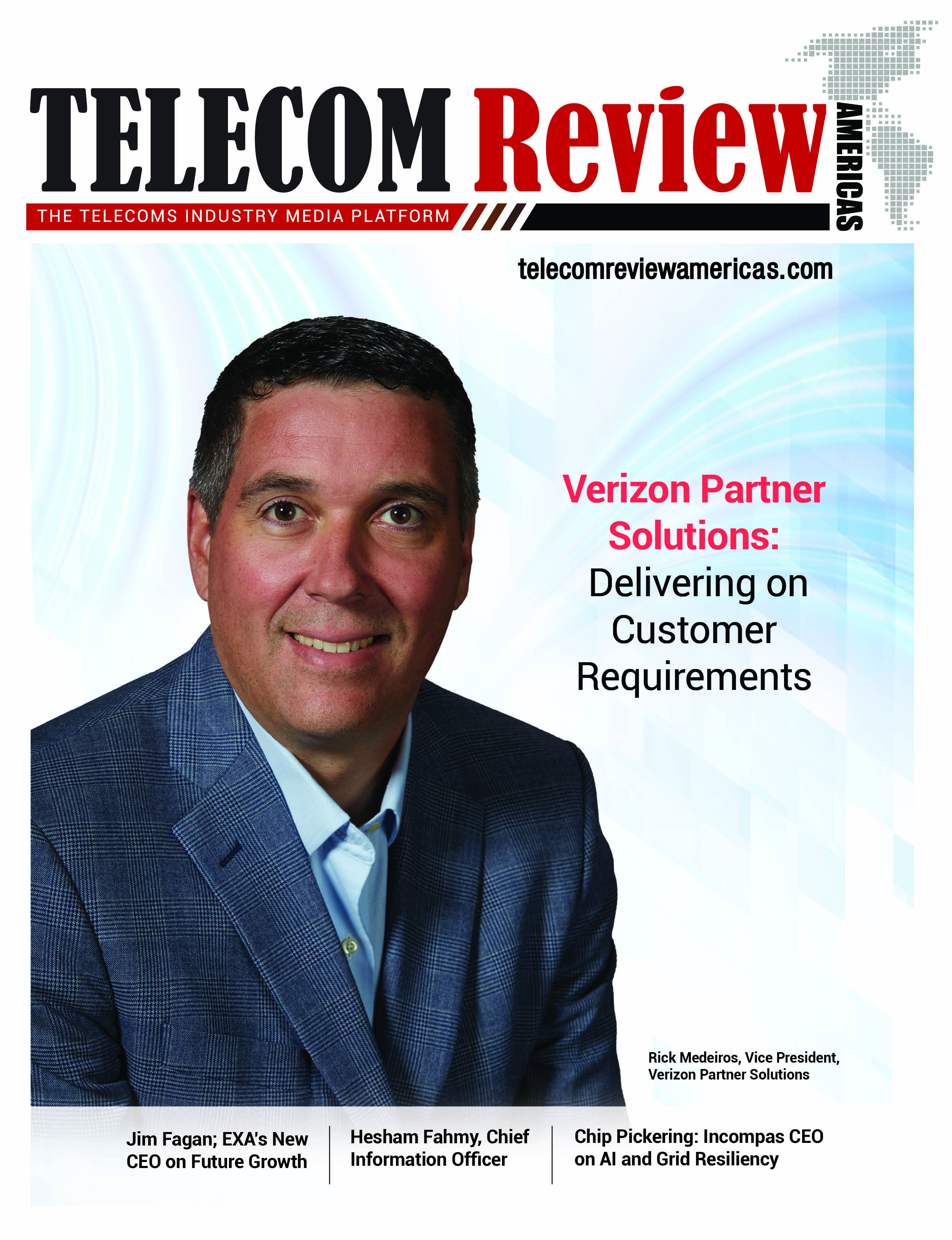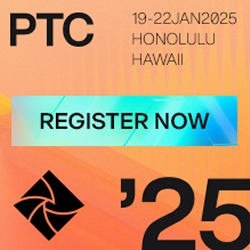Telecom Review had the opportunity to conduct an exclusive interview with Börje Ekholm, president and CEO of Ericsson, to discuss further Ericsson’s vision of the future and what they consider key for progress, among other interesting insights.
Ericsson exhibited strong performance in 2021. To what do you owe this success and how would Ericsson continue this path in 2022?
We did a couple of changes in 2017 where we increased our commitment and decided to lead on technology, thus developing the best, most cost efficient solutions. Of course that is contributing to the success in 2021. And I'm convinced those two factors will contribute to the success in 2022 as well.
5G transforms all aspects of society today. How does this help achieve Ericsson's new vision and purpose of creating connections that make the unimaginable possible?
We should think of the digital infrastructure as a national critical infrastructure. We often think of it as a means allowing us to communicate. However, I think it offers a much more fundamental change, because it will allow our society to digitalize.
Consumers are indeed presenting high interest in digital. Even governments are digitalizing. Digital infrastructure will change the way we work, live, and function. So we should expect to see profound changes.
How does the company plan to foster more conversations and partnerships to realize its 2030 vision?
It is critical to understand that in the new world it's not about one's self only. Today, we're seeing technologies becoming horizontal. The network, for example, is a horizontal platform. In a horizontalized world, I think we're going to need to see more partnerships. So it is crucial to plan how to work in an ecosystem, how to work with our operating customers as partners, how to work with universities as partners, and how to work with other companies, even be competitors, as partners. So, in our opinion, the future is going to be much more about ecosystems.
In the end of last year, we announced our intent to acquire Vonage, which is a new way to transform business horizontally. What is interesting is that we can thereby start orchestrating the 5G APIs and really expose them to a developer.
That is the way we think the world is shaping and that is how we need to interact with the Vision 2030: To start forming those partnerships and ecosystems that can help realize the Vision 2030. We will only do that by actually providing our part of expertise before somebody else contributes with their part in that ecosystem.
The Middle East is one of the most significant operating markets of Ericsson. How does your participation in LEAP 2022 reflect this position?
I stress again the importance of the ecosystem as a critical pillar for the future. So participating at this event is actually very important as an initiative to form those new types of partnerships. That is why we have engaged here and it's one of our major engagements. We want it to be significant because we think that it is going to shape an ecosystem.
Telecom is an essential and dynamic industry. How does a global ICT leader like Ericsson intend to respond to the ever-changing demands across verticals?
We are providing the horizontal infrastructure for the world and for 5G. We believe that when we talk about the future, connectivity is a bit taken for granted. We give a lot of importance to technologies - AI for example - but we forget that all of them depend on a connectivity that is secure, reliable, and always available. That is the purpose of the 5G infrastructure. So by focusing on our position in the ecosystem, we can actually help each vertical to succeed.
Moving forward, how do you see Ericsson, under your leadership, progress further in terms of corporate growth and customer-driven innovation?
We want to be technology leaders in mobile infrastructure. But then what we need to do is ensure that we allow innovation to happen. For that, we are interacting with universities through our ‘Ericsson Innovation Awards’ where we invite students from around the world to innovate on top of connectivity to solve some really big problems. In addition, we are engaging with startup companies and innovation hubs, like here in Riyadh, where you can allow startups, entrepreneurs to innovate on top of the 5G infrastructure. Plus, we are launching different types of initiatives around the world such as hackathons, in a bid to leverage the infrastructure to create new applications.
We need to expose our infrastructure to entrepreneurs and in return, they are going to create the new applications.
What is Ericsson’s main focus in the R&D?
Our main focus is on the mobile infrastructure and we are almost entirely geared up. We spend a little over $4 billion annually on R&D mainly and we have about a quarter of our people working in R&D today.






























